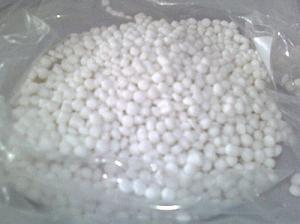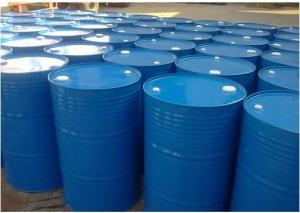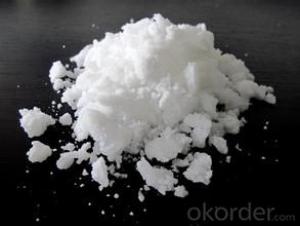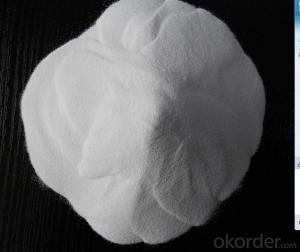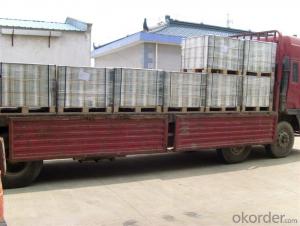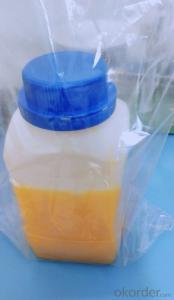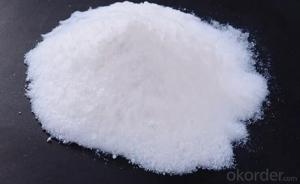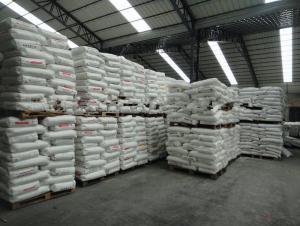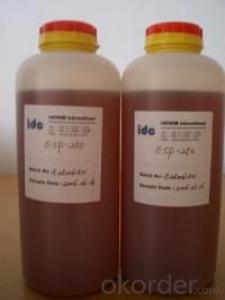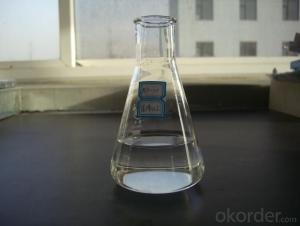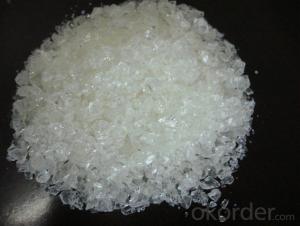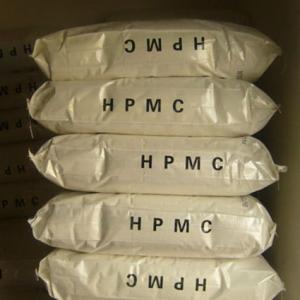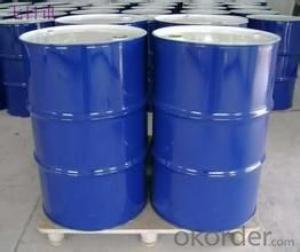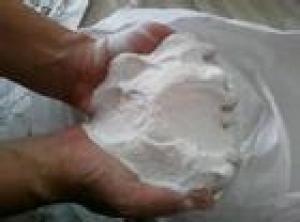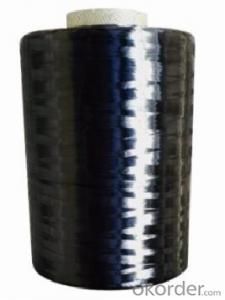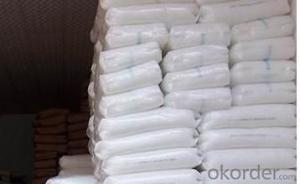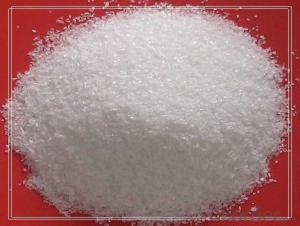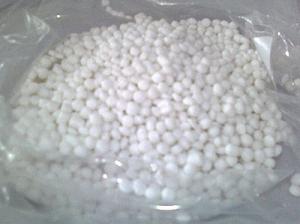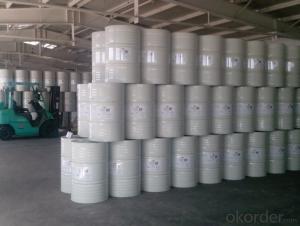All Categories
- - Steel Wire Rod
- - Steel Coils
- - Steel Profiles
- - Steel Pipes
- - Stainless Steel
- - Tinplate
- - Special Steel
- - Steel Sheets
- - Steel Rebars
- - Steel Strips
- - Hot Rolled Steel
- - Cold Rolled Steel
- - Pre-painted Steel
- - Seamless Steel Pipe
- - Welded Steel Pipe
- - Hollow Steel Tubes
- - Galvanized Pipe
- - Stainless Steel Coil
- - Stainless Steel Sheet
- - Stainless Steel Plate
- - Stainless Steel Strips
- - Electrolytic Tinplate Coil
- - Electrolytic Tinplate Sheet
- - Stainless Steel Rebars
- - Solar Panels
- - Solar Water Heater
- - Solar Related Products
- - Solar Inverter
- - Solar Cells
- - Solar Light
- - Solar Energy Systems
- - Solar Controllers
- - Solar Mounting System
- - Solar Pump
- - Solar Chargers
- - Fiberglass Chopped Strand
- - Fiberglass Mesh Cloth
- - Composite Pipes
- - FRP Pultrusion Profiles
- - Fiberglass Mat Tissue
- - Fiberglass Fabrics
- - Fiberglass Mesh
- - Composite Tank
- - Fiberglass Mesh tape
- - Polymer
- - FRP Roofing Panel
- - Fiberglass Roving
- - Monolithic Refractories
- - Ceramic Fiber Products
- - Refractory Bricks
- - Raw Materials For Refractory
- - Suspended Platform
- - Cranes
- - Concrete Machinery
- - Earthmoving Machinery
- - Building Hoist
- - Road Building Machinery
- - Plastic Pipe Fittings
- - Plastic Tubes
- - Plastic Sheets
- - Agricultural Plastic Products
- - Plastic Nets
 All Categories
All Categories
Q & A
How do polymers contribute to renewable energy?
Polymers contribute to renewable energy in various ways. One of the most significant contributions is through the development of polymer-based solar cells. These cells, also known as organic photovoltaics (OPVs), can convert sunlight into electricity. Polymers are used as the active material in these cells due to their ability to absorb a wide range of light wavelengths and their low-cost fabrication process. Additionally, polymers are used in the production of lightweight and durable wind turbine blades, enhancing their efficiency and reducing the cost of wind energy. Furthermore, polymers play a role in the development of energy storage technologies like batteries and fuel cells, enabling the efficient and sustainable utilization of renewable energy sources.
What are the main challenges in polymer-based gene delivery systems?
The main challenges in polymer-based gene delivery systems include achieving efficient gene transfer into target cells, minimizing toxicity and immunogenicity of the delivery system, ensuring stability and protection of the genetic material during delivery, controlling the release of the genetic material once inside the cells, and overcoming biological barriers such as the extracellular matrix and endosomal escape.
What are the different types of polymer foams?
Polymer foams can be categorized into different types based on their chemical composition and properties. Some common types include polystyrene foam, polyurethane foam, polyethylene foam, and polypropylene foam. Each type has its own unique characteristics and applications. Polystyrene foam is lightweight, rigid, and commonly used for packaging and insulation. Polyurethane foam is known for its excellent cushioning and insulation properties, making it suitable for mattresses, upholstery, and building insulation. Polyethylene foam is flexible, durable, and resistant to moisture, making it ideal for protective packaging, sports equipment, and flotation devices. Polypropylene foam is lightweight, chemical-resistant, and commonly used in automotive parts, packaging, and insulation. These are just a few examples of the different types of polymer foams available in the market, each offering specific advantages and applications.
What are the advantages of using polymers in textile production?
There are several advantages of using polymers in textile production. Firstly, polymers offer a wide range of properties, allowing manufacturers to create textiles with specific characteristics such as strength, durability, flexibility, and water resistance. Secondly, polymers can be easily molded, allowing for the production of intricate designs and patterns. Additionally, polymers are lightweight, making textiles more comfortable to wear. Moreover, polymers are generally cheaper to produce compared to natural fibers, making them a cost-effective option for textile manufacturers. Lastly, polymers are resistant to wrinkles and shrinkage, resulting in low-maintenance textiles that require less ironing and care.
Wholesale Polymer from supplier in Sudan
Whether you require Polymer products for construction, packaging, automotive, or any other industry in Sudan, we have you covered. Our dedicated team of sales professionals will work closely with you to understand your specific requirements and provide tailored solutions.
In addition to our sales services, we also offer quoting services, ensuring that you receive competitive pricing for your Polymer needs. Our strong relationships with manufacturers and suppliers allow us to negotiate the best prices, saving you both time and money.
Technical support is another key aspect of our services. Our team of experts is well-versed in the technical aspects of Polymer products and can provide guidance and assistance throughout your project. Whether you need help with product selection, application advice, or troubleshooting, we are here to support you every step of the way.
As a subsidiary of CNBM, a Fortune Global 500 company and one of the largest building materials and Polymer manufacturers in the world, we have access to a vast network of resources and expertise. This enables us to offer comprehensive Polymer procurement solutions in Sudan, ensuring that you receive high-quality products and reliable service.
With our years of experience in the Sudanese market, we have developed a deep understanding of the local industry and market dynamics. This knowledge allows us to provide invaluable insights and expertise that can enhance the success of your projects. We can help you navigate any challenges or specific requirements unique to the Sudanese market, ensuring that your Polymer products meet all necessary standards and regulations.
At our company, we are committed to delivering exceptional customer service and building long-term partnerships. We strive to exceed your expectations by providing reliable, high-quality Polymer products, competitive pricing, and unparalleled technical support. Contact us today to discuss your Polymer needs in Sudan and discover how we can support your business.
In addition to our sales services, we also offer quoting services, ensuring that you receive competitive pricing for your Polymer needs. Our strong relationships with manufacturers and suppliers allow us to negotiate the best prices, saving you both time and money.
Technical support is another key aspect of our services. Our team of experts is well-versed in the technical aspects of Polymer products and can provide guidance and assistance throughout your project. Whether you need help with product selection, application advice, or troubleshooting, we are here to support you every step of the way.
As a subsidiary of CNBM, a Fortune Global 500 company and one of the largest building materials and Polymer manufacturers in the world, we have access to a vast network of resources and expertise. This enables us to offer comprehensive Polymer procurement solutions in Sudan, ensuring that you receive high-quality products and reliable service.
With our years of experience in the Sudanese market, we have developed a deep understanding of the local industry and market dynamics. This knowledge allows us to provide invaluable insights and expertise that can enhance the success of your projects. We can help you navigate any challenges or specific requirements unique to the Sudanese market, ensuring that your Polymer products meet all necessary standards and regulations.
At our company, we are committed to delivering exceptional customer service and building long-term partnerships. We strive to exceed your expectations by providing reliable, high-quality Polymer products, competitive pricing, and unparalleled technical support. Contact us today to discuss your Polymer needs in Sudan and discover how we can support your business.
Hot Search
- Fiberglass Chopped Strand in Liberia
- Fiberglass Mesh Cloth in Turkey
- Composite Pipes in Israel
- FRP Pultrusion Profiles in Madagascar
- Fiberglass Mat Tissue in America
- Fiberglass Fabrics in Syria
- Fiberglass Mesh in Switzerland
- Composite Tank in Tunisia
- Fiberglass Mesh tape in Argentina
- Polymer in Angola
